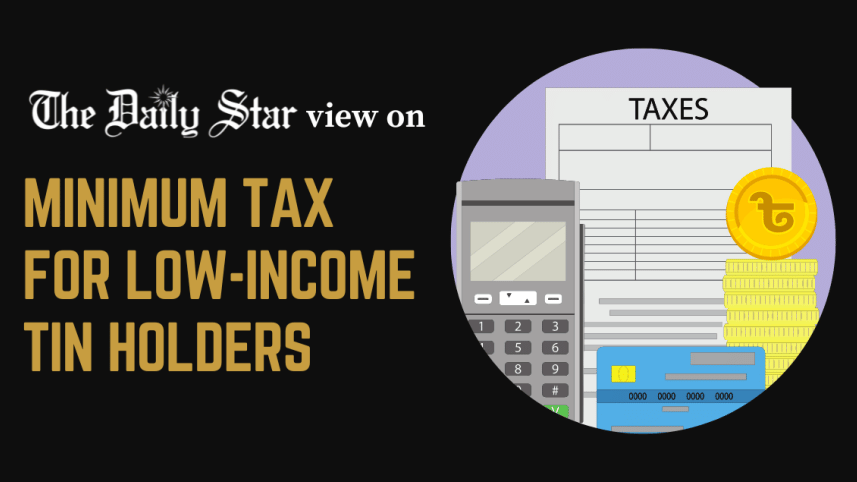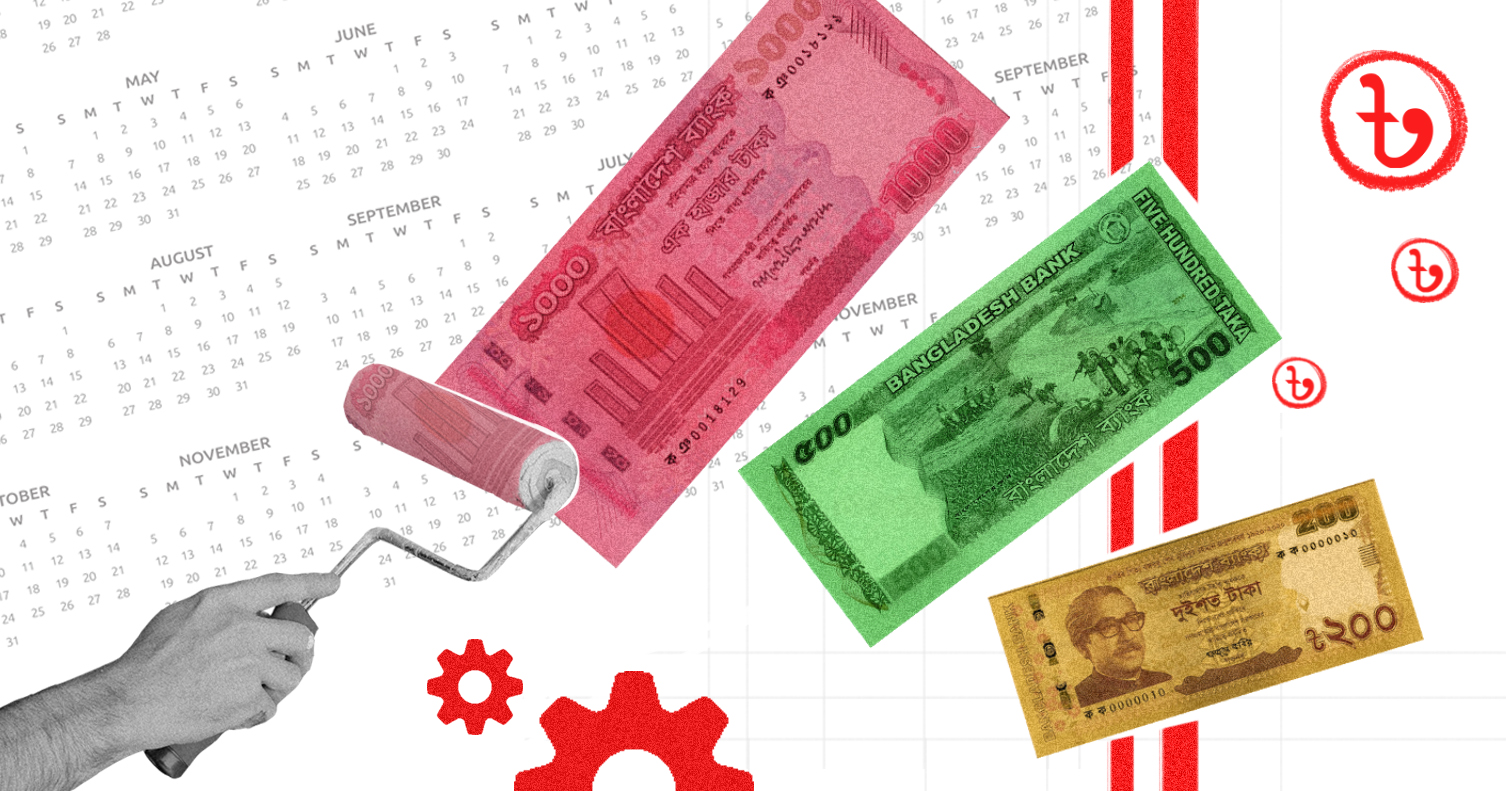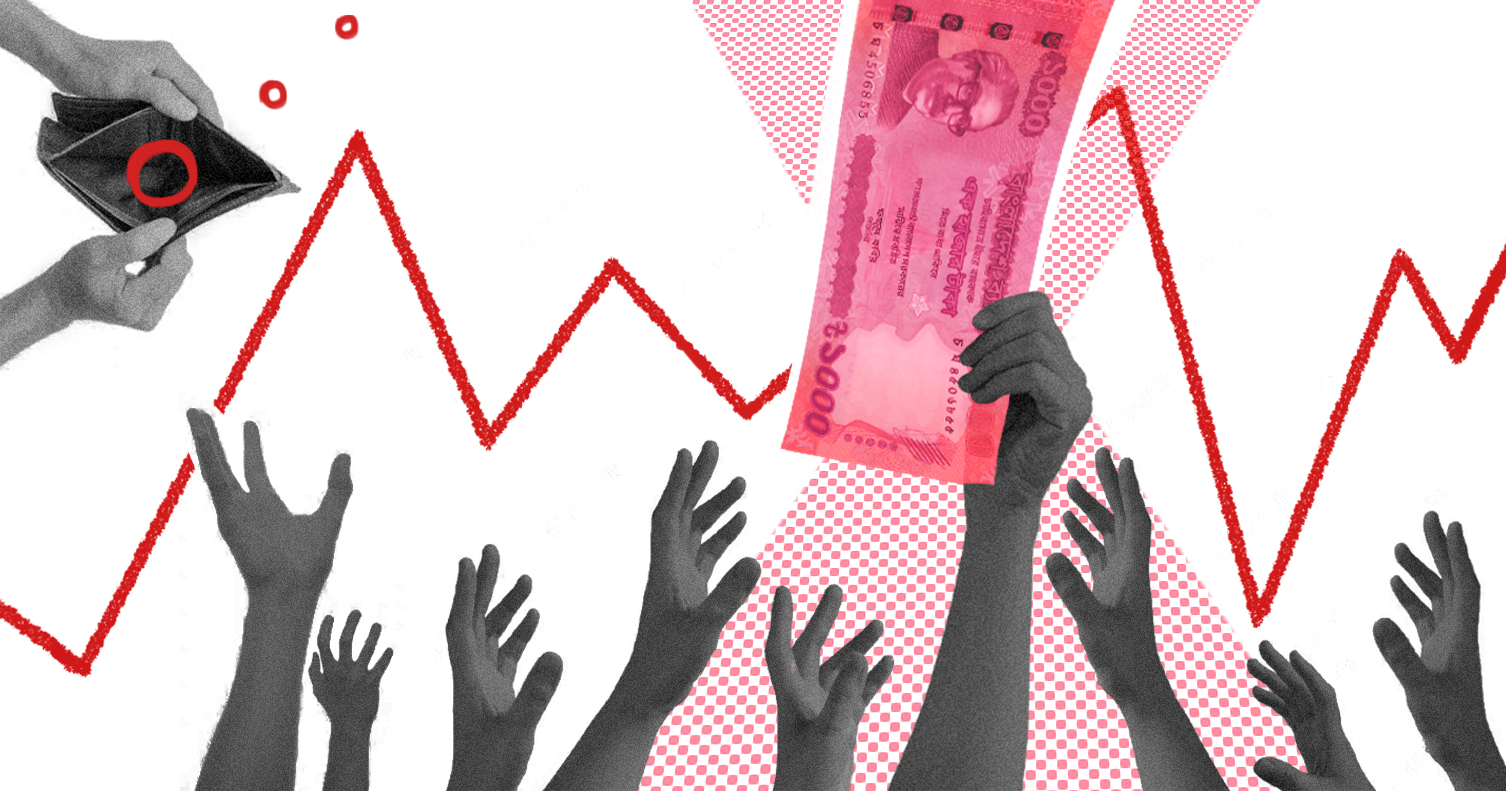Don't put unjust tax burden on citizens

We agree with the Centre for Policy Dialogue (CPD) that the government's proposal to levy a minimum tax of Tk 2,000 even on those without taxable income is both "discriminatory" and "contradictory" to the principle of a tax-free income threshold. Since its unveiling at parliament on June 1, the national budget for FY2023-24 has come under criticism for a variety of reasons, including the unfairness of this provision which shows why the government's tax policy needs to be re-evaluated.
Fahmida Khatun, executive director of the CPD, has aptly pointed out that a mandatory minimum tax for low-income TIN holders is not logical. Her argument resonates with the concerns of many citizens who will be affected by this policy. True, the government has increased the tax-free threshold from Tk 300,000 to Tk 350,000, which boils down to a monthly income of Tk 29,166. But it's nothing to cheer about given the insanely high cost of living, with a family of four in Dhaka being forced to spend Tk 22,664 on food alone each month. Against this backdrop, the move to burden low-income TIN holders with a minimum tax, even if they don't have taxable income, means further trouble for them. Although the NBR chairman thinks that it shouldn't be seen as a burden – but rather as a "matter of pride" – those in the low-income bracket are unlikely to see it that away, with the financial noose around their neck tightening ever more thanks to the government's heavy reliance on indirect taxes such as VAT and customs duties for revenue generation.
The minimum tax provision thus undermines the very purpose of raising the tax-free threshold. If approved, it will force individuals with earnings below the threshold to file returns unnecessarily, adding to their financial and bureaucratic burdens. (As per income tax rules, individuals must submit returns to access 38 services.) Adding to the concerns raised by the CPD is the increased minimum net wealth exemption limit, which has been raised from Tk 3 crore to Tk 4 crore. This may leave a significant number of affluent individuals outside the surcharge net, revealing a double standard in the government's approach.
Such inconsistencies and discriminatory approaches run contrary to the principles of equity and justice, and should therefore be removed. The government should instead focus on expanding the direct tax base by incentivising tax compliance, improving tax administration, and taxing the affluent more fairly.



 For all latest news, follow The Daily Star's Google News channel.
For all latest news, follow The Daily Star's Google News channel. 


Comments